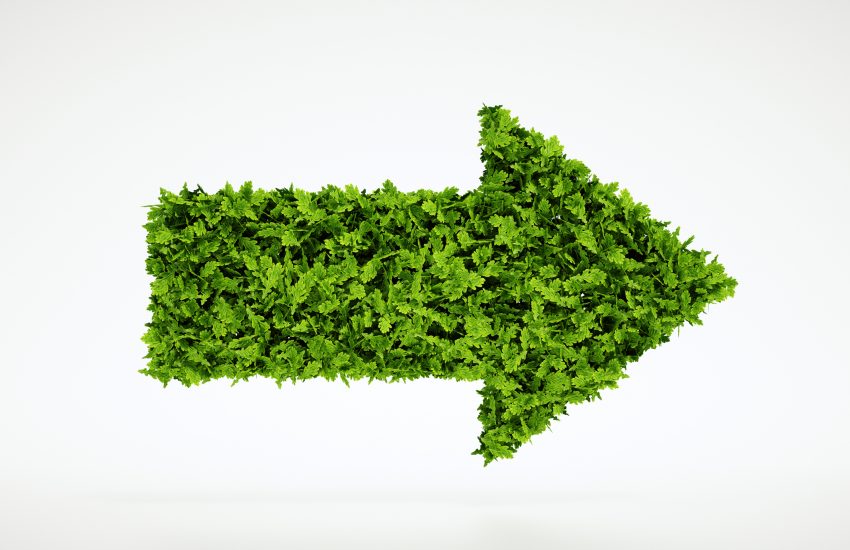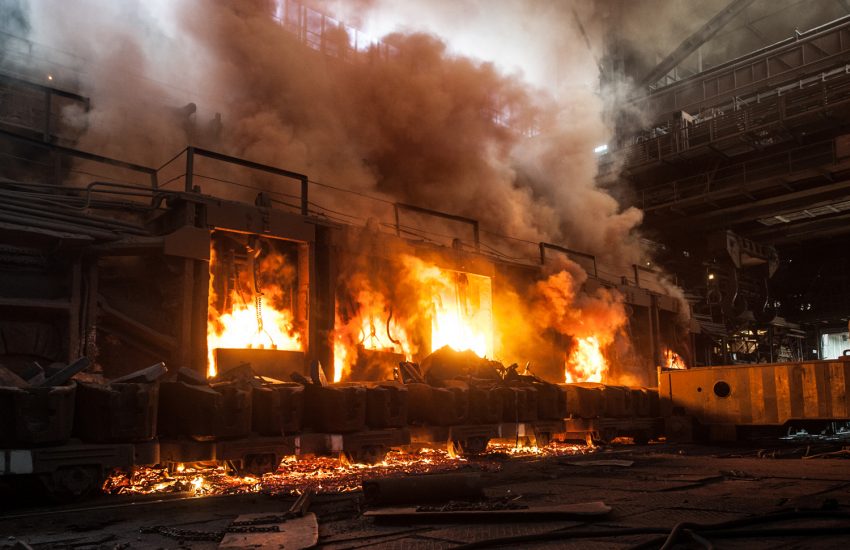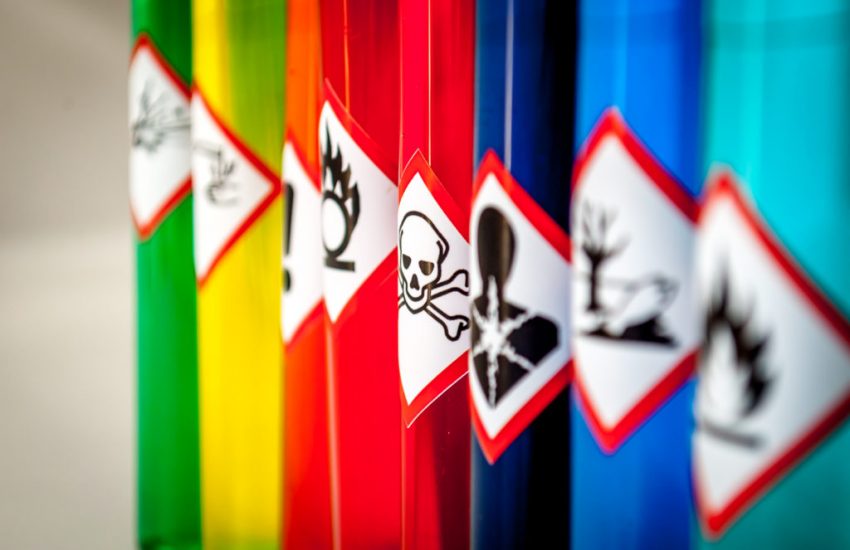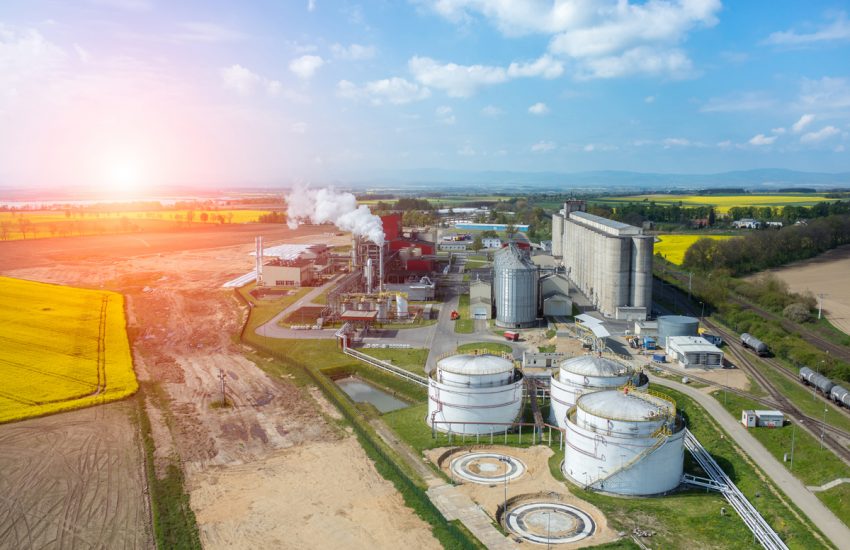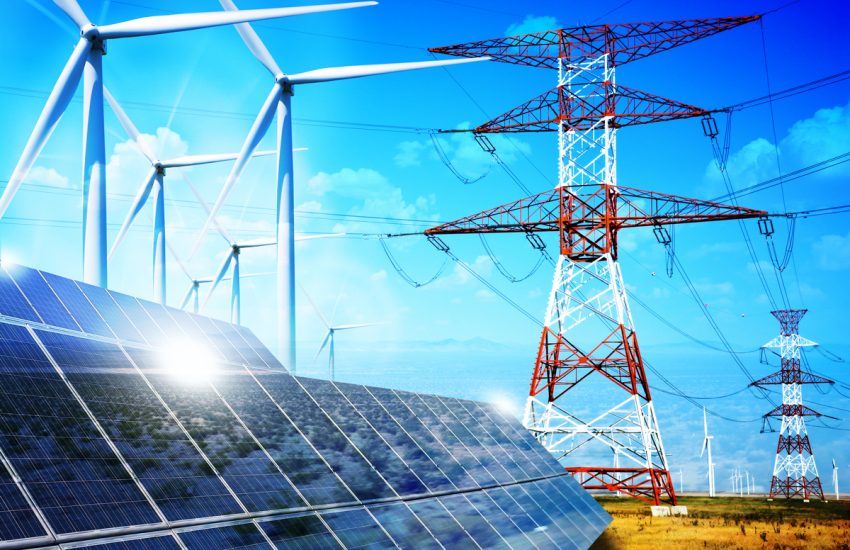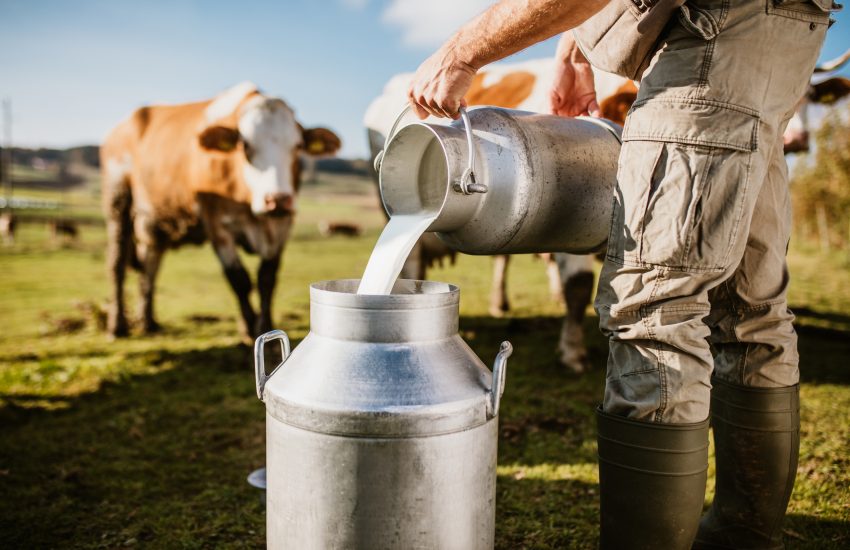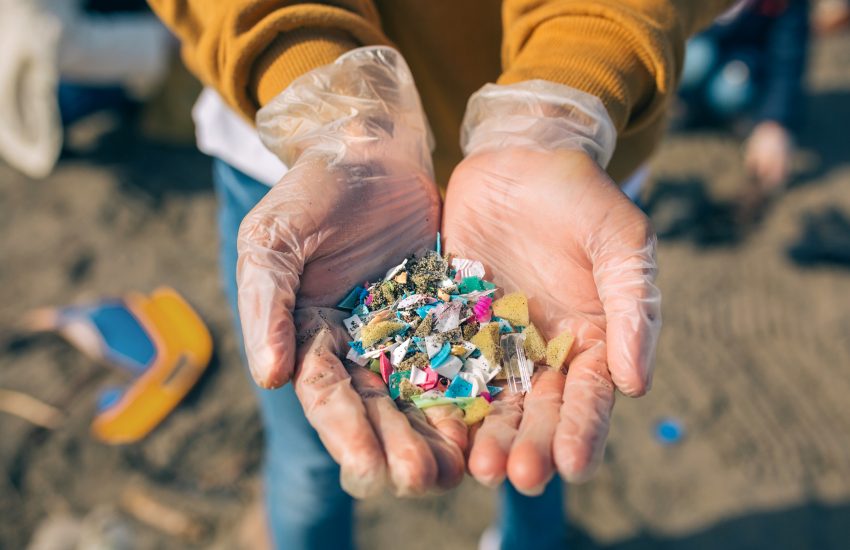New Jersey may be most (ashamedly) well-known for its Snooki legacy courtesy of MTV’s Jersey Shore, but Gov. Phil Murphy intends to re-brand the Garden State as an ambassador of clean, green, and renewable energy. Earlier this month, ceremoniously (and rather ironically) from the infamous Seaside Heights Boardwalk, the Governor approved four renewable energy focused bills aimed to collectively bolster New Jersey’s clean energy agenda, setting the stage for New Jersey to become 50% reliable on clean energy sources by 2030, and 100% reliable …
Continue Reading

